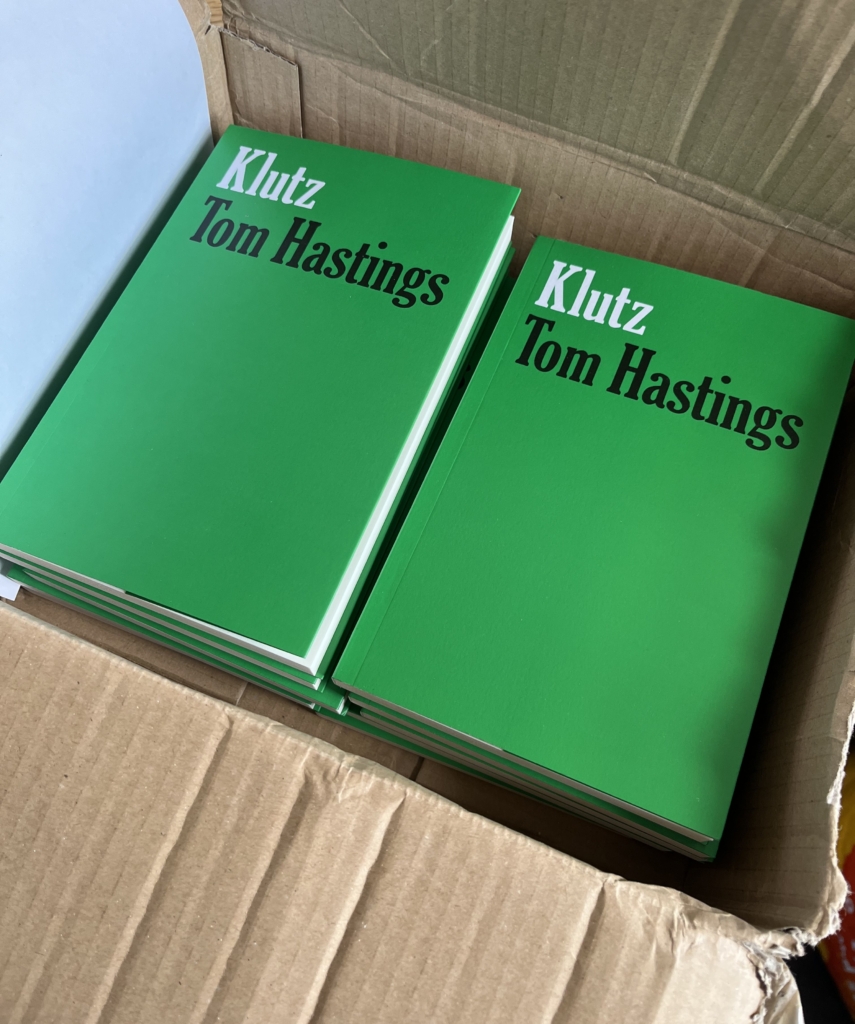
Image: Tom Hastings, 2025
Tom Hastings
Online lecture in the context of the course Memory is the Struggle for Justice in the Present. On Reading and Exhibiting the History of Sites, convened by Rose-Anne Gush
19 November 2025, 18.00
IZK Research Space, Kronesgasse 5/III, 8010 Graz
To attend, please contact Rose-Anne Gush via email: r.gush@tugraz.at
When Tom Hastings discovers that his grandmother lived a short walk from Else Lubranczyk, a middle-class Jewish seamstress whose letters are kept in the Holocaust Centre North Archive, he travels to Berlin. Else’s letters to her refugee daughter, Helga, tell a story of ordinary life in Schöneberg; of recriminations, fantasies of reunion, and thwarted attempts to get out. But where the author’s grandmother fled, Else and her niece, Steffi Levy, were deported to Theresienstadt in 1943.
Visiting the shops, streets, and synagogues mentioned by Else, Hastings searches Berlin for signs of Jewish life of the 1930’s and 1940’s. Along the way, he confronts his own Jewishness against the fraught contemporary scene of German Staatsräson and the crackdown on solidarity. Klutz is about stumbling towards something and not getting there, and finding something else instead. Turning to works by Georges Perec, Kurt Schwitters, Hanna Lévy-Hass, Paul Gilroy, and Rebecca Schneider, Klutz tries, and fails, to reckon with the consequences of the Nazi genocide.
Dr Tom Hastings is Lecturer in Dance at The Place, London. Tom works on contemporary performance at the intersection of politics, and theories of race and gender. He has previously taught at Roehampton University, University of East London, and Royal Central School of Speech and Drama. His research broadly concerns the social aspects of performance. Tom’s first book, Klutz (2025), is the outcome of a six-month writer’s residency on the ‘Memorial Gestures’ programme at Holocaust Centre North, Huddersfield. Klutz explores Jewish life of the 1930s and 1940s in Berlin and London, and reflects on Jewishness today in relation to the ongoing war on Gaza. In her endorsement, performance scholar Rebecca Schneider describes Klutz as a work of narrative non-fiction that combines ‘memoir, fieldnotes, critical theory, and performance philosophy’.
